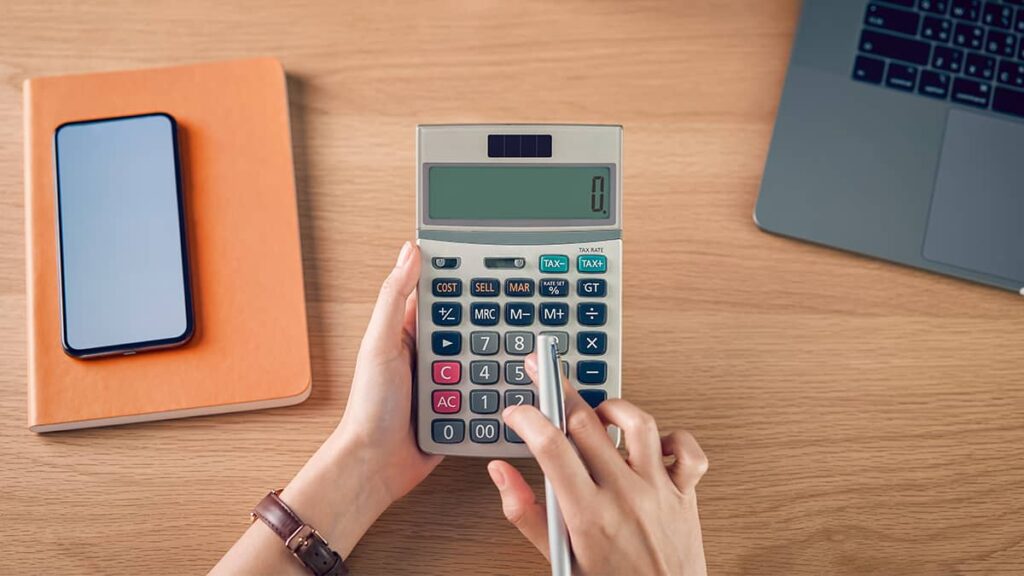Tax withholding is the amount of federal income tax withheld from your paycheck by your employer.

Understanding The U.S. Tax Withholding In Paycheck – Here’s What You Need To Know (PHOTO: Patriot Software)
Tax Withholding
America’s tax season was officially begun on January 23, and millions of Americans look forward to it every year. Moreover, this year the pandemic stimulus payments have already ended and the tax refund will reclaim its title as the biggest financial windfall of the year for the average American family. Furthermore, In this article will help you understand more how this withholding process works this 2023.
4 Things To Understand About Tax Withholdings From Paycheck
How Does Tax Withholding Work?
To scale your tax withholdings you need to gather all your important documents, such as your recent tax returns, pay statements for yourself and your spouse (if applicable), and details about other income sources then utilize the Tax Withholding Estimator tool on IRS.gov to estimate the federal income tax you want your employer to withhold from your paycheck.
IRS’ Paycheck Checkup page helps you identify who should use the estimator and when. Tax withholding systems are taxes that are gathered from the source. So if go beyond and ask your employer to withhold too little, you’ll get a bill from the IRS right around the same time of year that you had gotten used to receiving a refund.
Pay Your Taxes Right To Avoid Penalties
Self-employment is when independent contractors have to make anticipated quarterly income tax payments every three months. Hence, if you don’t pay your taxes properly then you will be fined and earned penalties for your incoming tax time. Millions of W-2 earners who collect a paycheck from an employer don’t have anything to do at all but America’s income tax system works on a pay-as-you-go basis too.
IRS Refund Your Loan
If your employer withholds smaller then IRS will hit you with a bill for the outstanding amount. On the other hand, if your employer withholds overly, the IRS will issue a refund for the difference but none of this happens until the following year’s tax season. Moreover, the IRS uses your tax withholdings to pay its bills and maintain its operations before paying you back. Every extra dollar your employer withholds from your check is a dollar that you loan to the IRS involuntarily with a 0% interest rate. If you fail to pay taxes on time, then better expect nothing much from the IRS. When the money runs the other way, they charge you the federal short-term interest rate plus 3%.
Is Refund Beneficial To You Or?
The IRS almost consistently errs on the side of caution, collecting what you owe and then some. By the end of February last year, the IRS had allocated more than 22 million tax refunds for the tax year 2021. The average early bird received a refund of $3,536, which was more than $700 higher than 2020’s average payment of $2,815.
Receiving big direct deposits is always good but you also need to consider what you weren’t doing with that $3,536 while the IRS was skimming it from every single paycheck you earned last year.
READ ALSO
IRS: 2023 Tax Filing Season Official Start Date Set To January 23
Other Tax Credits And Deductions Parents Can Enjoy This Tax Season




















